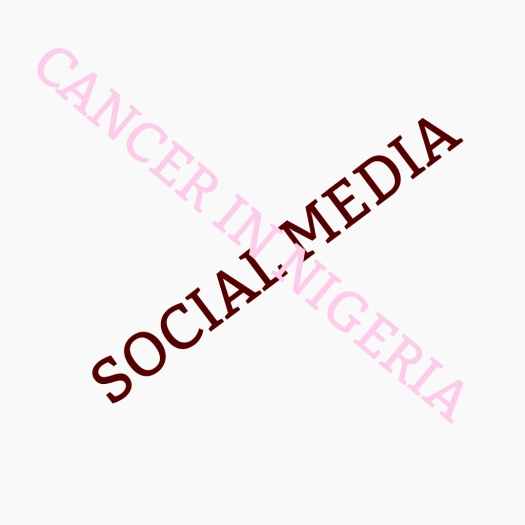New Year’s resolutions often start staggering by mid-January mainly because they are unachievable. However we need to learn to initially take baby steps when making such resolutions; time is needed to create new habits.
We realize it’s hard to retain the enthusiasm month after month and that’s why we decided to help you pick 5 healthy habits you can actually stick to.
- Get more sleep – A good night’s rest is critical for the optimal functioning of the body and mind. Sleep happens in a relaxed environment, create a regular program to enable it. Take a warm shower, lights out, screens off; put your smartphone on silent and if possible in a cupboard. Several health studies indicate that a lack of sleep increases the odds of several ailments including type 2 diabetes, depression, anxiety and obesity.
- Exercising more – Over the years this has turned out to be one of the easy fails. This is mostly because we start out on aggressive workout programs that change 4 to 5 days of our week. Start out with simple activities like walking more, using the stairs instead of elevators and biking. You could also try out yoga workout; they will help you build confidence even as you graduate into tougher workout sessions.
- Reduce Your Calorie consumption – Reducing your daily portions, does translate into reducing calorie intake. It is however much better if you resort to choosing a healthier diet. This means leaving the soft drinks and pizzas for diets that contain nut seeds, whole grains, and fish. Avoid making this reduction drastic, instead do it slowly over a 4 months period to enable your body adapt.
- Staying in touch – A recent study in the journal PLoS Medicine suggests lacking social bonds can be a health hazard that can be compared to smoking and alcohol abuse. It suggests that people who have strong social ties tend to live longer than those who don’t. This is definitely a good reason to habitually call old friends or family you’ve lost contact with. Buzz them on social media, call them and try to follow up with in-person visits.
- Reduce your stress – We need to work to pay the bills, a little pressure now and then won’t kill. Short bouts of stress can give us energy boosts, the problem lies in how frequently we get stressed. Chronic stress increases your risk of heart disease, obesity, insomnia, and depression. Figure out the what, the people or place that might be causing your stress today, then start making out plans to manage such factors.




















